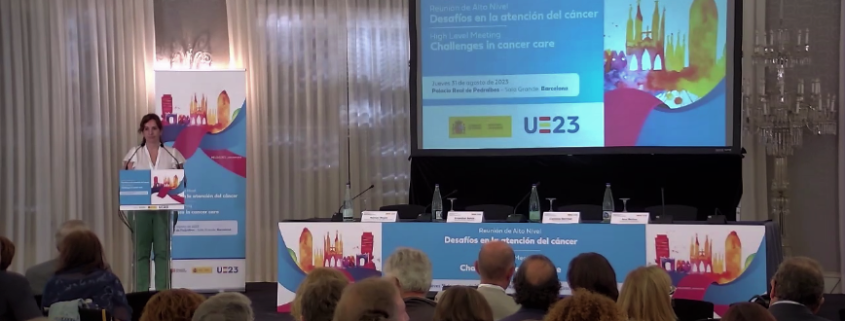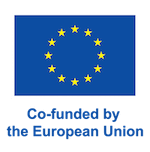Experts and policymakers discuss cancer care challenges in a high-level meeting in Barcelona
Experts, policymakers, healthcare professionals and eCAN representatives, along with representatives from other Joint Actions, have attended to the High-Level Meeting Challenges in Cancer Care. The Palacio Real de Pedralbes, in Barcelona, has hosted this event organised by the Spanish Presidency of the Council of the European Commision.
The whole meeting has revolved around the importance of providing a comprehensive response to current challenges and opportunities in cancer care at the European Level. According to Silvia Calzón, Secretary of State for Health and in charge of opening the event, this meeting is “one of the most important events under the Spanish presidency of the Council of the European Commision”.
Throughout the conference, relevant personalities such as Matthias Schuppe, leader of the European Beating Cancer Plan (EBCP) or Pilar Aparicio, Spanish general director of Public Health, have presented the last health policy innovations that have been implemented for cancer control at the European and Spanish level.
On her side, Aparicio has also highlighted the EU initiatives Spain is participating into. Among them, she mentioned the eCAN JA, as well as CraNE, JANE, PERCH, ORION, JA PreventNCD, etc. All of them align with the three pillars of the Spanish cancer strategy: Innovation, Research and Information. In fact, one of the most important points of this strategy focuses on improving quality of life, which relates to one of the eCAN objectives: the improvement of phycological care for cancer patients.
Multidisciplinary and quality approach
The need to understand how to better organise the delivery of cancer care has been another central topic in this meeting. Andreas Charalambous, the president of the European Cancer Organisation, has stated that “to fully optimise cancer care, through the EU network of Comprehensive Cancer Cantres, bringing forward the full contributions of the cancer care team through multi-disciplinarity and multi-professionalism is a must across the disease continuum”.
Caroline Berchet, from the Organisation for Economic Co-Operation and Development (OECD), has also intervened and presented the Country Cancer Profiles that prove that the burden of cancer in Europe is devastating and marked by strong inequalities.
The OECD representative has remarked how national governments can tackle these inequalities by following four main steps: Improving prevention to encourage healthier lifestyle; improving accessibility to early diagnoses and to cancer care; improving quality of cancer care; and increasing measurement to inform policy & practice.
Working together
At the end of the conference, other political personalities have talked about the importance of creating synergies and joining efforts. Stella Kyriakides, European Commissioner for Health and Food Safety, has sent her remarks on this session and pointed out that tackling cancer is based on the “simple but powerful idea that we are stronger and more effective when we work together – when we share expertise and collaborate at all levels of society”.
Right after, José Manuel Miñones, Minister of Health of Spain, has expressed similar thoughts in his final intervention: “we need that Europe prioritise healthcare and guarantee a coordinated and fair response” to address the needs of the European citizens.
![]() Co-funded by the European Union. Views and opinions expressed are however those of the author(s) only and do not necessarily reflect those of the European Union or HaDEA. Neither the European Union nor the granting authority can be held responsible for them.
Co-funded by the European Union. Views and opinions expressed are however those of the author(s) only and do not necessarily reflect those of the European Union or HaDEA. Neither the European Union nor the granting authority can be held responsible for them.





 Pexels (Thirdman)
Pexels (Thirdman)